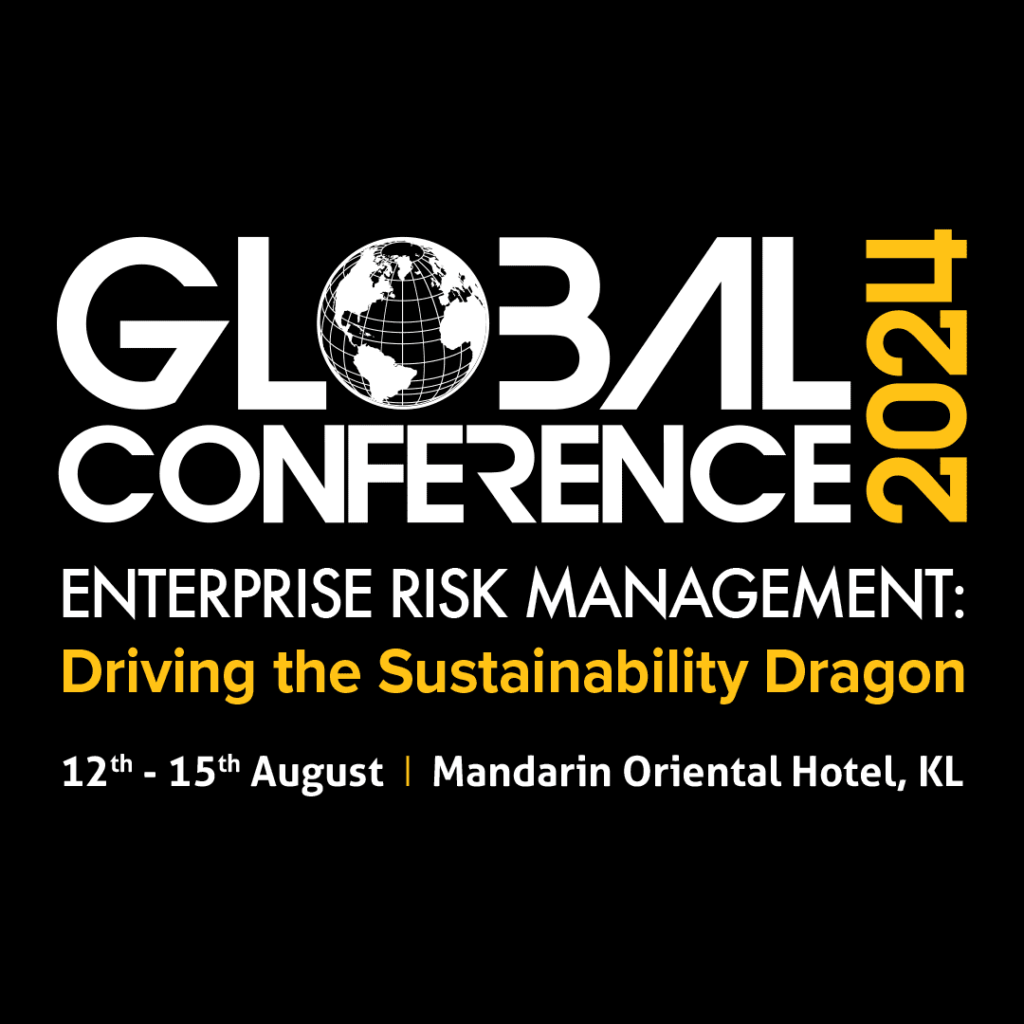By Practitioners
For Professionals
Learn more about our outstanding certification and training programs, and start your professional development with us today!
The Institute of Enterprise Risk Practitioners (IERP®)
As the world’s first Enterprise Risk Management (ERM) certification institute, we lead in fostering global best practices across sustainability, strategy, ethics, and governance. Our focus on objective-centric risk management underpins all our initiatives, empowering organisation and risk professionals worldwide.
Discover Strategic Excellence with us
Equip yourself with the skills and knowledge necessary to stand out and propel your career forward!

Certifications
Elevate your professional standing by attaining certification as a risk practitioner through our exceptional programs.

Events
Mark your calendar for our upcoming event, where you can connect with leading risk experts and fellow professionals.

Membership
Unlock exclusive privileges, including members-only discounts, publications, and more.
Our Achievements
The IERP has been at the forefront of initiatives and programmes designed to elevate the skills of risk professionals globally as well as enhancing Enterprise Risk Management practice and implementation standards internationally.
Global Conference 2024
Enterprise Risk Management : Driving the Sustainability Dragon
- 12th - 15th August, 2024
- Mandarin Oriental Hotel, KL
Our Latest Publications
Recognised by Professionals
Explore the testimonials from our esteemed past participants, providing valuable insight on how our programs had impacted their professional growth.
Trusted By Leading Organizations
Our corporate members include Fortune 500 companies
and other leading companies, listed and unlisted.
Our corporate members include Fortune 500 companies and other leading companies, listed and unlisted.

Subscribe to our weekly newsletter
and stay connected!
Subscribe to our weekly newsletter and stay connected!
Receive the latest update on our risk management program, industry news, events and more!































in a very simple manner i.e. easily understandable.